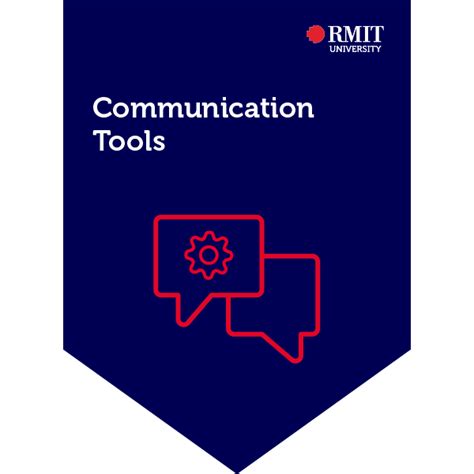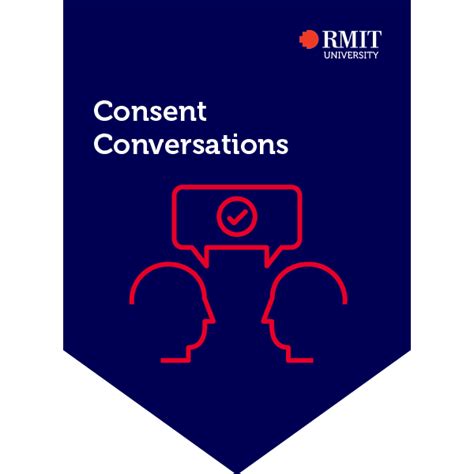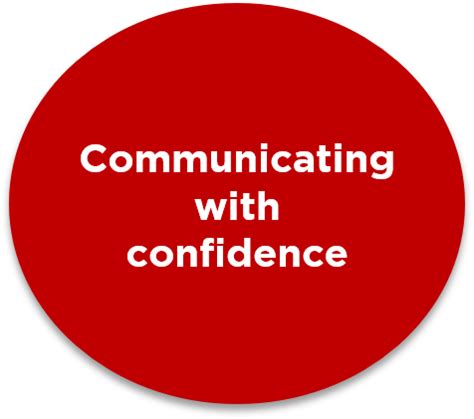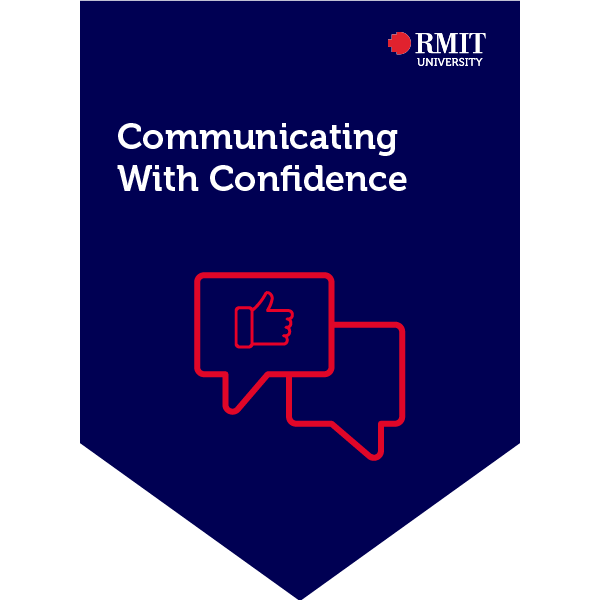Confident communication is a crucial skill in both personal and professional life, enabling individuals to express themselves clearly and effectively. Whether you’re speaking in a meeting, presenting an idea, or engaging in everyday conversations, the ability to communicate with confidence can significantly impact how your message is received and understood. This article explores the importance of confident communication, offering practical tips to help you develop this essential skill. From understanding the role of body language to overcoming common barriers, you’ll discover strategies to enhance your communication abilities and build the confidence needed to connect with others more effectively.
Join rosawblog.com as we delve deeply into this topic.
1. Introduction
In today’s fast-paced world, effective communication is crucial for success. Whether in personal or professional settings, the way you convey your thoughts and ideas directly influences your relationships, career advancement, and overall confidence. Confident communication goes beyond speaking clearly; it involves projecting certainty and credibility, earning trust and respect from others. This skill empowers you to express yourself effectively, navigate difficult conversations, and positively influence those around you. However, many individuals grapple with communication due to self-doubt, fear of judgment, or difficulty articulating their thoughts. This article delves into the significance of confident communication, providing actionable tips and techniques for improvement. By focusing on key aspects like body language, overcoming communication barriers, and regular practice, you can enhance your communication skills and project confidence in every interaction.

2. Importance of confident communication
Confident Communication: The Key to Success
Confident communication is a cornerstone of success, both in personal and professional spheres. When you communicate with confidence, your ideas become clearer, and you inspire trust and respect in others. This ability to project confidence empowers you to lead discussions, negotiate effectively, and build stronger relationships. In the workplace, confident communication is often a sign of leadership potential, demonstrating your ability to navigate challenges, make sound decisions, and guide others. On a personal level, it helps you navigate social interactions, assert your needs, and resolve conflicts more effectively. Furthermore, confident communication can boost your self-esteem, creating a positive feedback loop where your confidence grows as you experience more successful interactions. Recognizing the importance of confident communication is the first step towards developing this crucial skill, allowing you to connect with others more meaningfully and achieve your goals.

3. Tips for improving confidence in communication
Building confidence in communication is a journey that involves practice and adopting effective strategies. Preparation is key – thoroughly familiarize yourself with the subject matter of any conversation or presentation. This allows you to speak with authority and conviction, enhancing your self-assurance. Furthermore, engage in active listening. This not only aids in understanding others but also empowers you to respond more thoughtfully, ultimately boosting your confidence in the interaction.
Focusing on your breathing is another helpful tip. Deep, steady breaths can calm your nerves and give your voice a more controlled, confident tone. Maintaining eye contact is also important, as it conveys confidence and helps establish a connection with your audience.
Positive self-talk can be a powerful tool. To combat self-doubt, remind yourself of your strengths and past achievements. Additionally, seek feedback from trusted colleagues or friends and use their input to grow and improve.
Finally, expand your comfort zone by taking incremental steps. Begin by practicing confident communication in low-pressure situations, progressively advancing to more challenging scenarios. These consistent efforts will gradually bolster your confidence and sharpen your communication abilities.

4. Body language and confidence
Confident communication goes beyond words; it relies heavily on body language. By effectively employing nonverbal cues, you can enhance your message and project self-assurance, even when feeling uncertain. Key elements of confident body language include maintaining good posture, making eye contact, and using purposeful gestures. Standing or sitting upright not only conveys confidence but also boosts your internal sense of assertiveness.
Effective communication relies on confident body language. Eye contact is key in building trust and demonstrating engagement. It conveys attentiveness and confidence in your message. Similarly, controlled, deliberate gestures can emphasize key points, making your communication more dynamic and impactful. Avoid fidgeting or crossing your arms, as these can be interpreted as signs of nervousness or defensiveness. By practicing confident body language, you can enhance your interactions, making them more persuasive and memorable.
5. Overcoming communication barriers
To ensure your message is understood and received well, overcoming communication barriers is crucial. One common barrier is the fear of judgment, which can lead to hesitation and a loss of confidence. To combat this, concentrate on the content of your message rather than worrying about others’ perceptions. Preparation and practice can also alleviate anxiety, making effective communication easier.
Another barrier is the use of unclear or overly complex language. To overcome this, simplify your message, employing straightforward words and concepts that your audience can readily understand. Additionally, cultural differences can lead to misunderstandings. Therefore, it is essential to be mindful of and sensitive to diverse communication styles.
Active listening is an essential skill for overcoming communication barriers. By truly engaging with others, you gain a deeper understanding of their perspectives, allowing for more appropriate responses. Directly addressing these barriers fosters clarity and confidence in your communication, ensuring your message is effectively conveyed.
6. Practice exercises for confident communication
Building confidence in communication can greatly improve your ability to express yourself clearly and assertively. One helpful exercise is role-playing, where you simulate conversations or presentations in a safe environment. This allows you to try different communication styles and receive constructive feedback.
Engaging in mirror work is another beneficial practice. Stand before a mirror and deliver a brief speech or participate in a simulated conversation. Focus on your body language, facial expressions, and tone of voice. Through this self-reflection, you can identify areas for improvement and gain a deeper understanding of how you project yourself.
Boosting your confidence can be as simple as practicing impromptu speaking. Challenge yourself to speak on a random topic for a few minutes without any preparation. This practice will hone your ability to think on your feet and lessen the anxiety associated with unexpected situations.
In conclusion, consistent practice with active listening exercises can significantly improve your ability to participate confidently in conversations, ultimately making you a more effective communicator.
7. Conclusion
Confident communication is a crucial skill with the power to dramatically influence both personal and professional achievements. By grasping and applying the principles outlined, you can strengthen your capacity to communicate messages with clarity and assertiveness. The significance of confident communication cannot be emphasized enough, as it directly impacts your ability to effectively express your thoughts, cultivate relationships, and inspire others.
Boosting your confidence in communication requires a three-pronged approach: meticulous preparation, mindful body language, and overcoming common barriers. Simple yet powerful strategies, like maintaining good posture, making eye contact, and practicing positive self-talk, can significantly impact how others perceive you. Furthermore, confronting communication barriers directly—such as fear of judgment and complex language—can ensure your message is delivered clearly and effectively.
Confidence is built through practice. Engaging in exercises like role-playing, mirror work, and impromptu speaking can help you become more comfortable and proficient in your communication skills. By dedicating time to practice and self-improvement, you can develop a stronger sense of assurance in your interactions.
In the end, strong communication skills empower you to forge meaningful connections, articulate your thoughts clearly, and realize your ambitions. By adopting these techniques and practicing consistently, you’ll cultivate enduring confidence and become a more effective communicator.
rosawblog.com
